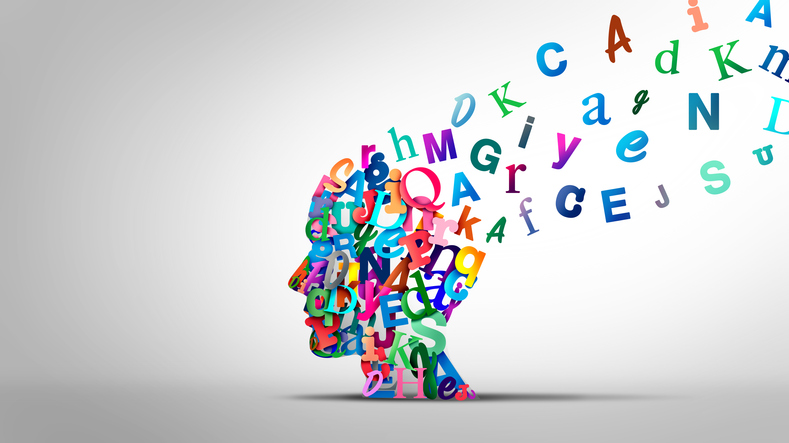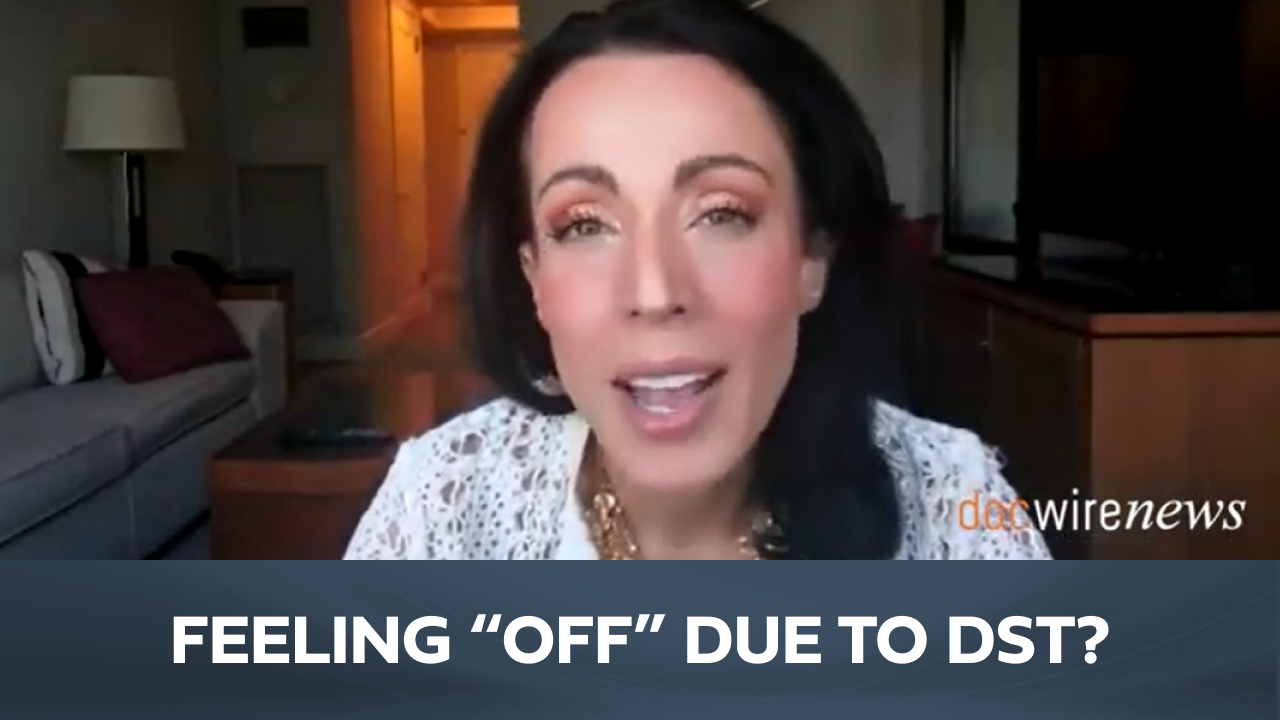
According to a new study, social networking sites (SNS) such as Facebook and Instagram are causing what is known as “technostress” among their users. Rather than switching off from SNS, users are becoming more addicted to social media platforms.
“While it might seem counter-intuitive, social media users are continuing to use the same platforms that are causing them stress rather than switching off from them, creating a blurring between the stress caused and the compulsive use,” Prof. Monideepa Tarafdar, Professor of Information Systems and Co-Director of the Centre for Technological Futures at Lancaster University Management School, said in a press release. Prof. Tarafdar co-authored the study, which was published in Information Systems Journal.
In this study, researchers assessed the online habits of 444 Facebook users using a three-wave survey panel. The panel was comprised of the following constructs: social overload, pattern, disclosure, uncertainty, complexity, and invasion. These constructs were captured at three different time intervals using three different surveys over the duration of one year. The researchers measured social overload, pattern, disclosure, uncertainty, complexity, and invasion in the first survey, (time t = 1), SNS distraction within/outside the SNS, as well as SNS use habit in the second survey (t = 2), and SNS addiction in the third survey (t = 3). This design reduced the likelihood of common method bias while separating the different constructs.
An ‘Interesting Phenomenon’
The results, after analysis, suggested that SNS stressors have a significant influence on distraction both inside and outside the confines of the SNS. The researchers observed that SNS use habit negatively affects the relationship between SNS stressors and distraction within the SNS. Moreover, the results indicated that distraction within SNS is associated with SNS addiction.
Daily Facebook users 968 million. Watch how you use social media- using to distract from stress can lead to addiction http://t.co/Q2adIL0gva
— Liz Karter MBE (@liz_karter) July 30, 2015
“We found that those users who had a greater social media habit- needed less effort to find another aspect of the platforms and were thus more likely to stay within the SNS rather than switch off when they needed to divert themselves. The stronger the user’s SNS habit, the higher the likelihood they would keep using it as a means of diversion as a coping behavior in response to stressors, and possibly develop addiction to the SNS,” said Prof. Sven Laumer, one of the co-authors of this study, in a press release. “Users go to different areas of the platform which they see as being separate and that they use in different ways. With Facebook, there are features that take you into different worlds within the same platform. You can be in many different places all from the same application, for example following friends’ activities, posting pictures about daily activities, switching to a chat feature or playing games”.
Prof. Tarafdar concluded that the “idea of using the same environment that is causing the stress as means of coping with that stress is novel. It is an interesting phenomenon that seems distinctive to technostress from social media.”
#Socialmedia #stress can lead to social media addiction https://t.co/roTXPa8RlS
— Medical Xpress (@medical_xpress) August 27, 2019
Social media stress can lead to social media addiction https://t.co/gikOPY4qk0
— Jo Hemmings 🇺🇦 (@TVpsychologist) August 28, 2019







 © 2025 Mashup Media, LLC, a Formedics Property. All Rights Reserved.
© 2025 Mashup Media, LLC, a Formedics Property. All Rights Reserved.